Ubuntu to drop Unity, kills off smartphones and tablets convergence plans
Desktop Ubuntu will go back to Gnome
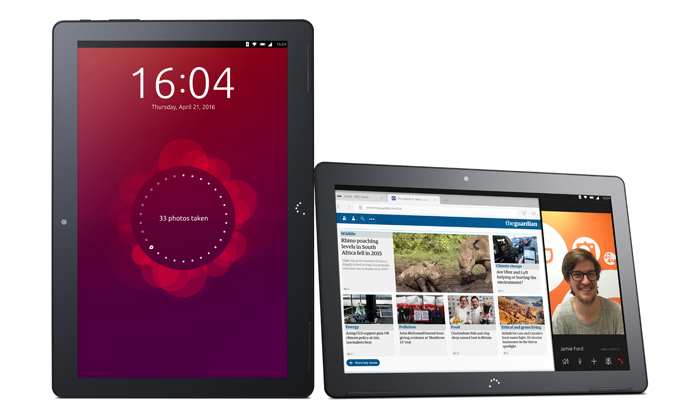

Ubuntu is to kill off efforts to put its operating system on smartphones and tablets.
In a blog post, Ubuntu found Mark Shuttleworth, said that the company would end Unity8, the phone and convergence shell and shift its default Ubuntu desktop back to GNOME for Ubuntu 18.04 LTS. This new version of the desktop will ship in April 2018.
With the move, the company has close off plans to have a phone acting as a desktop when docked into a special device hooked up to a display.
He said the company would continue to produce desktop software and maintain the existing LTS releases, working with partners to distribute this software and support corporate customers.
Shuttleworth said he took the view that "if convergence was the future and we could deliver it as free software, that would be widely appreciated both in the free software community and in the technology industry, where there is substantial frustration with the existing, closed, alternatives available to manufacturers".
"I was wrong on both counts," he added, saying his company's efforts were seen as "fragmentation not innovation". He said that while what the Unity8 team had delivered so far was "beautiful, usable and solid", he respected that "markets, and community, ultimately decide which products grow and which disappear".
He said the decision had been a very difficult one for him to make "because of the force of my conviction in the convergence future, and my personal engagement with the people and the product, both of which are amazing. We feel like a family, but this choice is shaped by commercial constraints, and those two are hard to reconcile".
Get the ITPro daily newsletter
Sign up today and you will receive a free copy of our Future Focus 2025 report - the leading guidance on AI, cybersecurity and other IT challenges as per 700+ senior executives
Looking to the future, Shuttleworth said that Ubuntu would now concentrate its investments in "areas which are contributing to the growth of the company".
He listed them as Ubuntu itself, for desktops, servers and VMs, its cloud infrastructure products (OpenStack and Kubernetes), cloud operations capabilities (MAAS, LXD, Juju, BootStack), and "our IoT story in snaps and Ubuntu Core".
Rene Millman is a freelance writer and broadcaster who covers cybersecurity, AI, IoT, and the cloud. He also works as a contributing analyst at GigaOm and has previously worked as an analyst for Gartner covering the infrastructure market. He has made numerous television appearances to give his views and expertise on technology trends and companies that affect and shape our lives. You can follow Rene Millman on Twitter.
-
 Global cybersecurity spending is set to rise 12% in 2025 – here are the industries ramping up investment
Global cybersecurity spending is set to rise 12% in 2025 – here are the industries ramping up investmentNews Global cybersecurity spending is expected to surge this year, fueled by escalating state-sponsored threats and the rise of generative AI, according to new analysis from IDC.
By Ross Kelly Published
-
 Google Cloud is leaning on all its strengths to support enterprise AI
Google Cloud is leaning on all its strengths to support enterprise AIAnalysis Google Cloud made a big statement at its annual conference last week, staking its claim as the go-to provider for enterprise AI adoption.
By Rory Bathgate Published
-
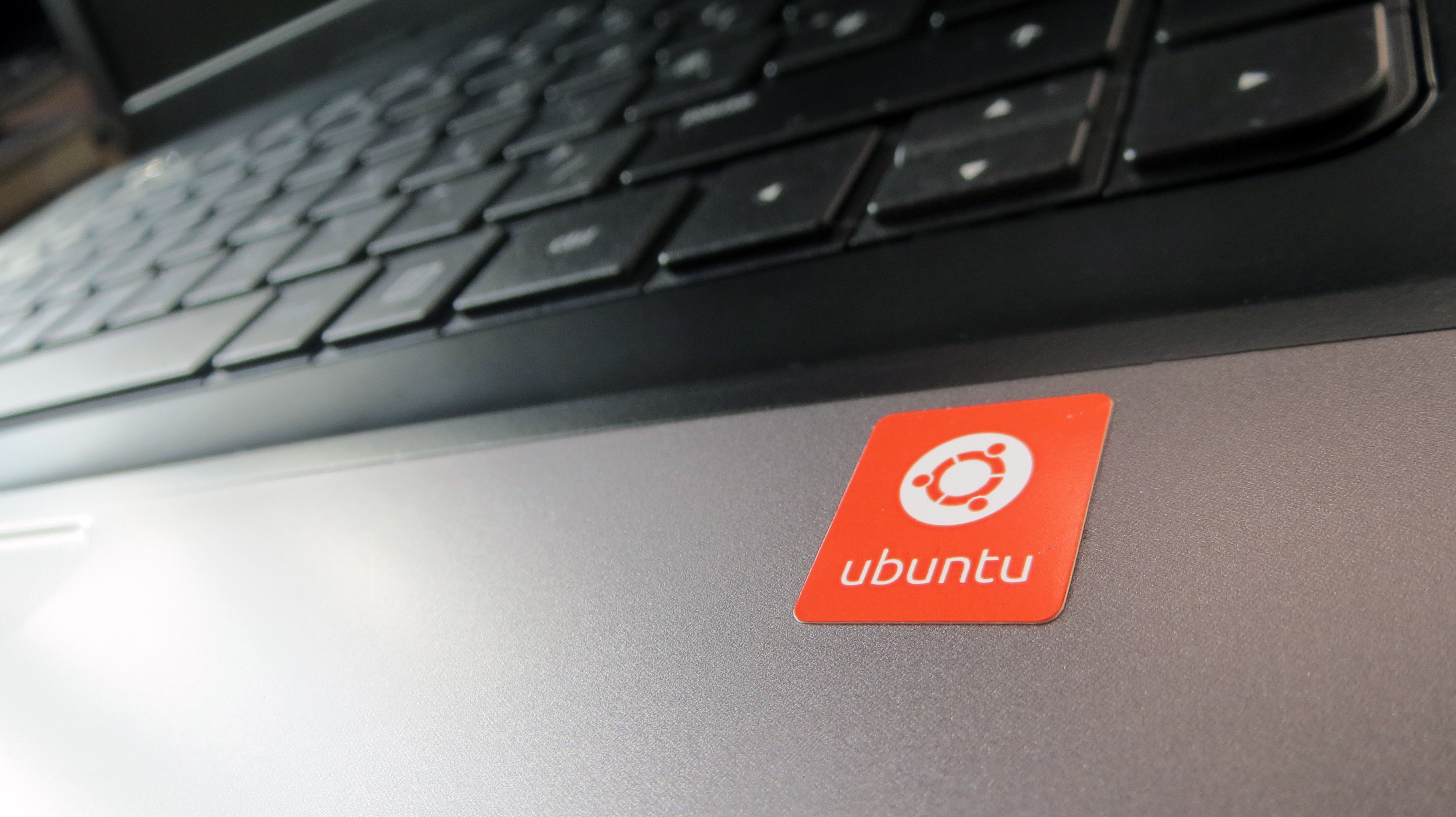 Canonical founder lays into “deeply anti-social” Mir-haters
Canonical founder lays into “deeply anti-social” Mir-hatersNews Going mainstream brings out those who “love to hate”, says Shuttleworth
By Rene Millman Published
-
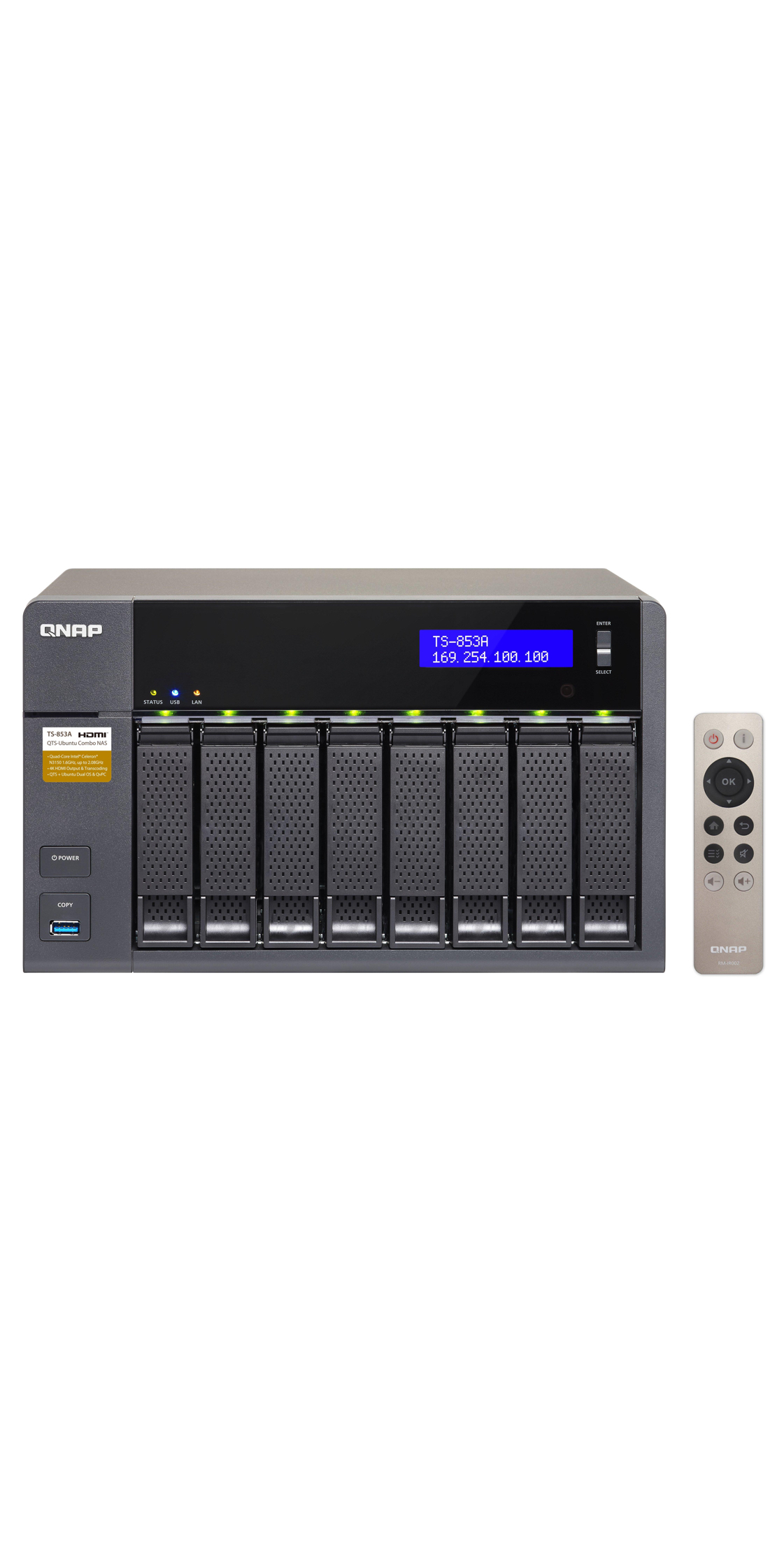
 Qnap TS-853A-8G review
Qnap TS-853A-8G reviewReviews This Ubuntu NAS will give you something to sing about
By Dave Mitchell Published
-
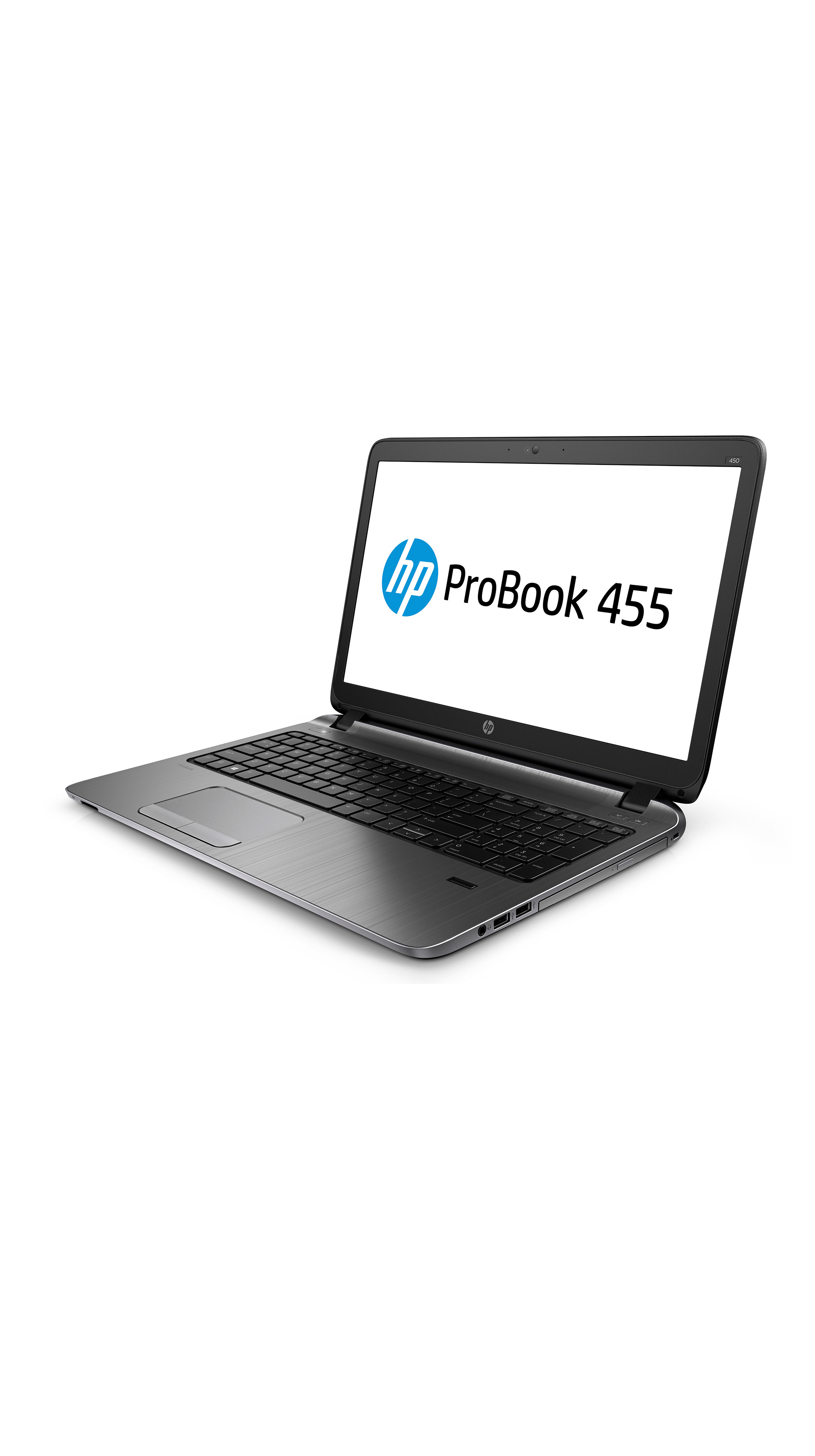 HP Probook 455 G2 Ubuntu review
HP Probook 455 G2 Ubuntu reviewReviews If you’re sick of Windows 10 already then try this Ubuntu-powered budget laptop
By Mike Passingham Published
-
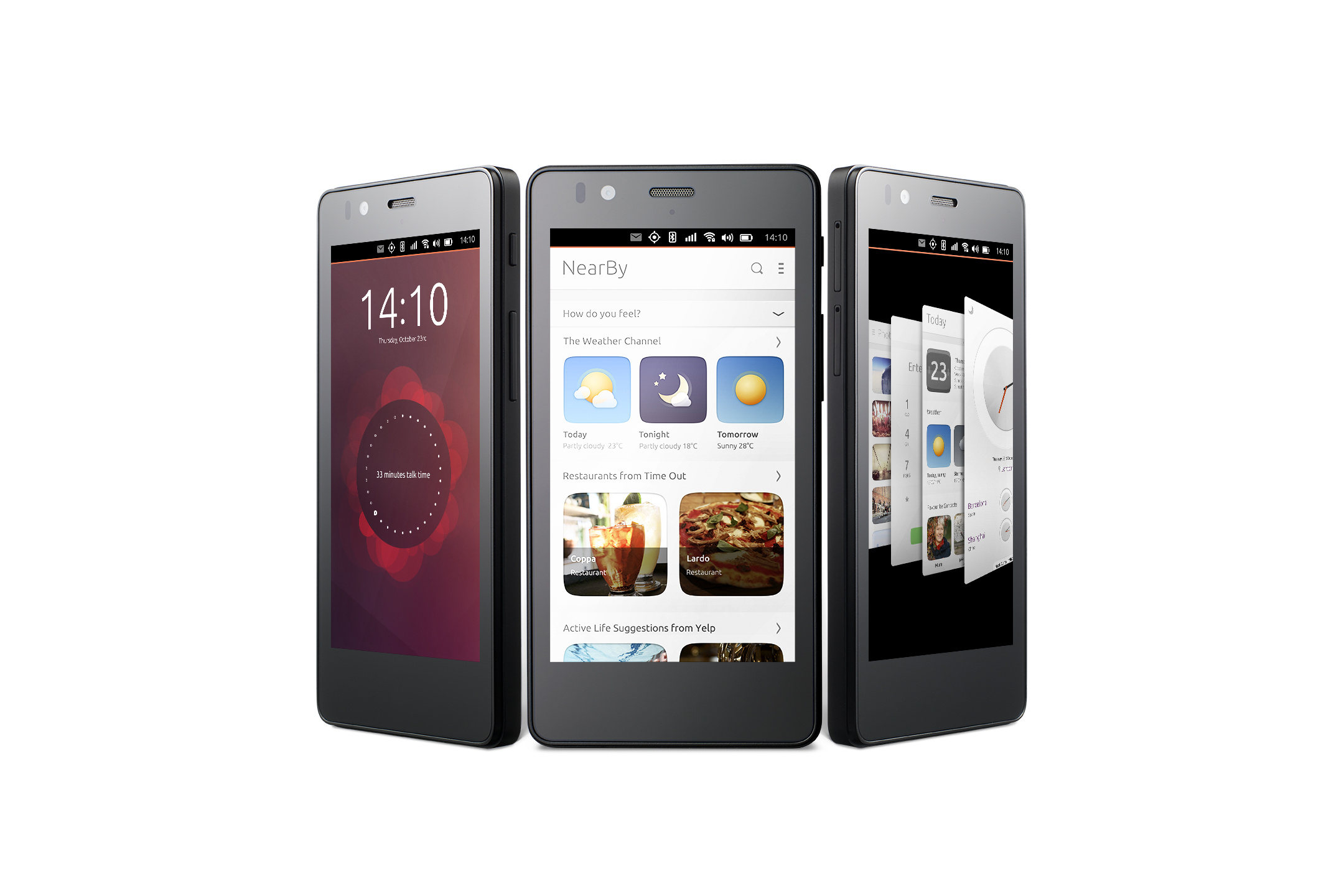 Ubuntu smartphone European release date due in February
Ubuntu smartphone European release date due in FebruaryNews Device running the open sourced OS will be manufactured by Spanish firm BQ and cost €170
By Khidr Suleman Published
-
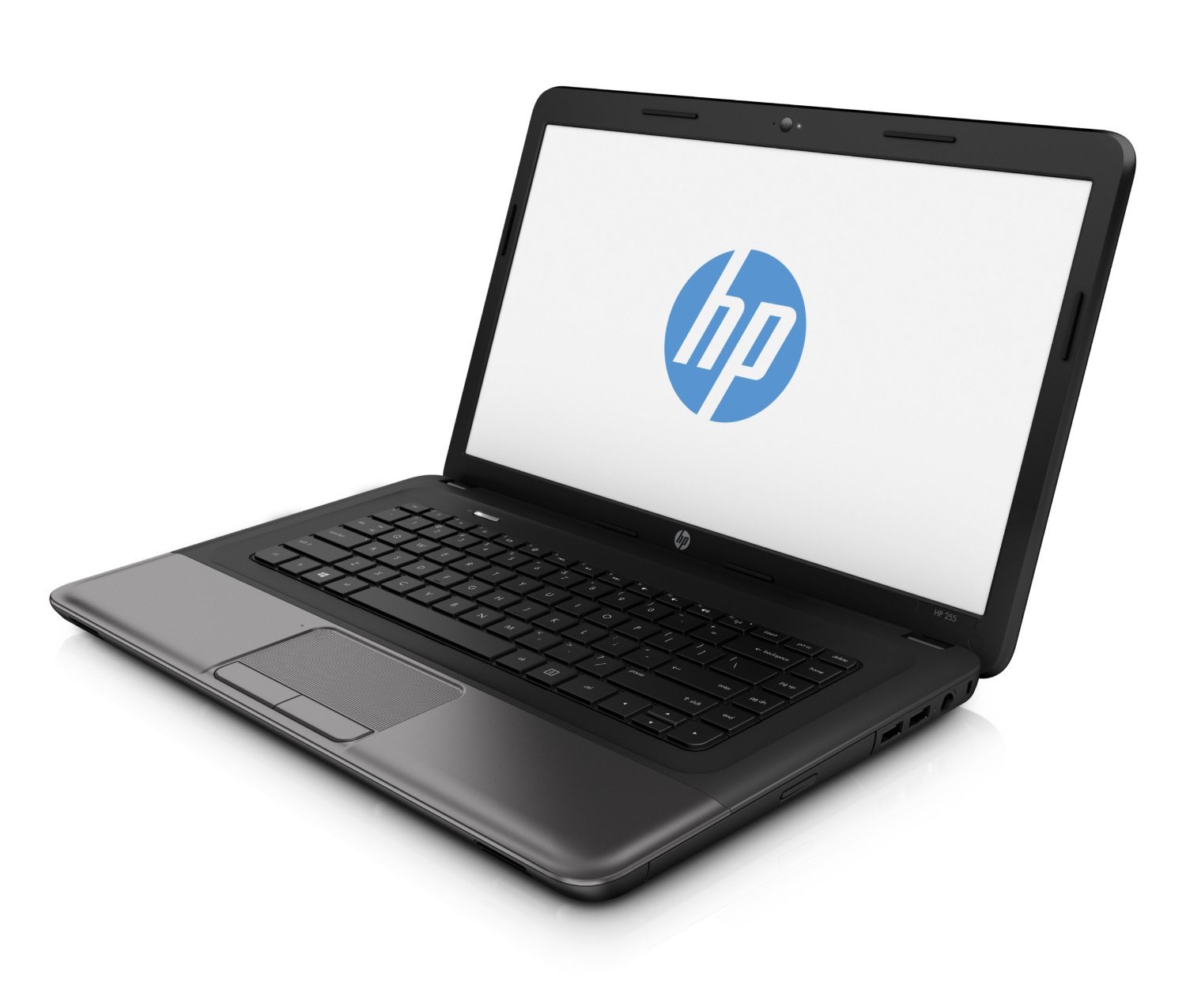 HP Ubuntu laptop (255 G1) review
HP Ubuntu laptop (255 G1) reviewReviews HP’s latest notebook saves money by ditching Windows for Ubuntu. Is your next notebook Open Source?
By Mike Jennings Published
-
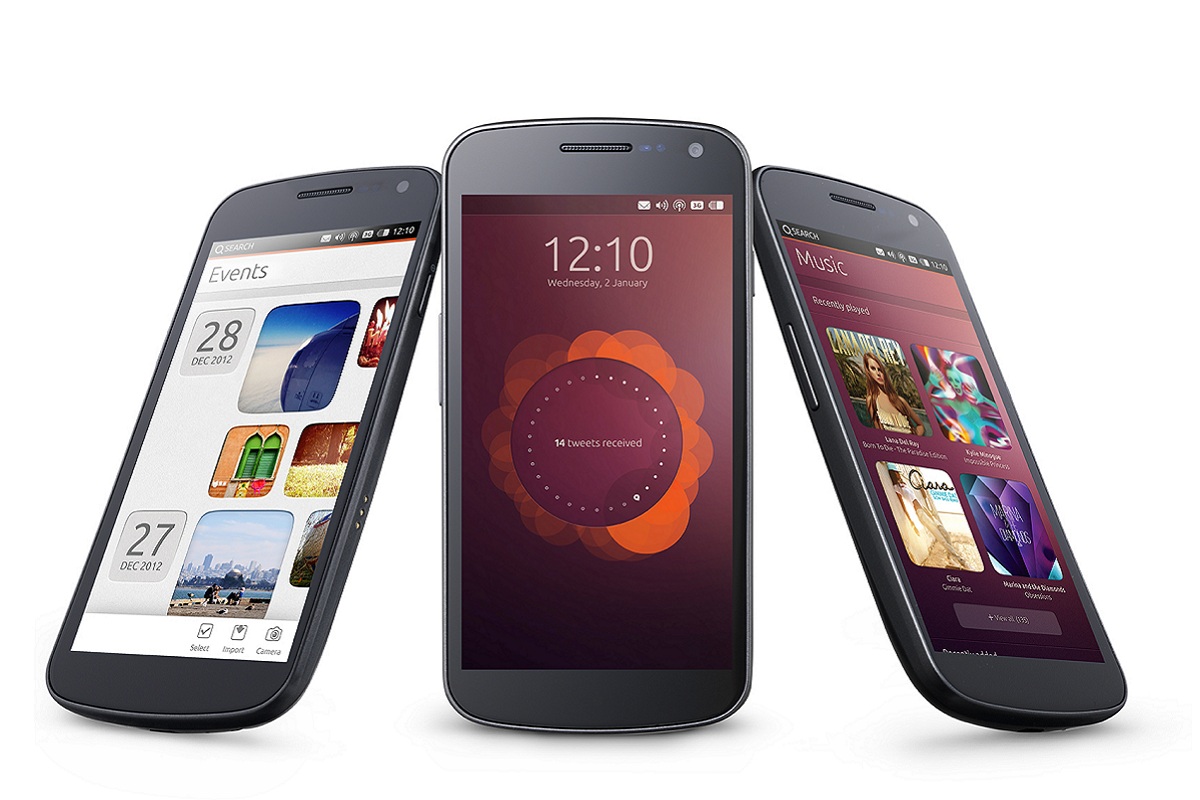 Canonical names first Ubuntu Touch smartphone makers
Canonical names first Ubuntu Touch smartphone makersNews Ubuntu developer finally names manufacturers helping make good on its smartphone ambitions.
By Caroline Donnelly Published
-
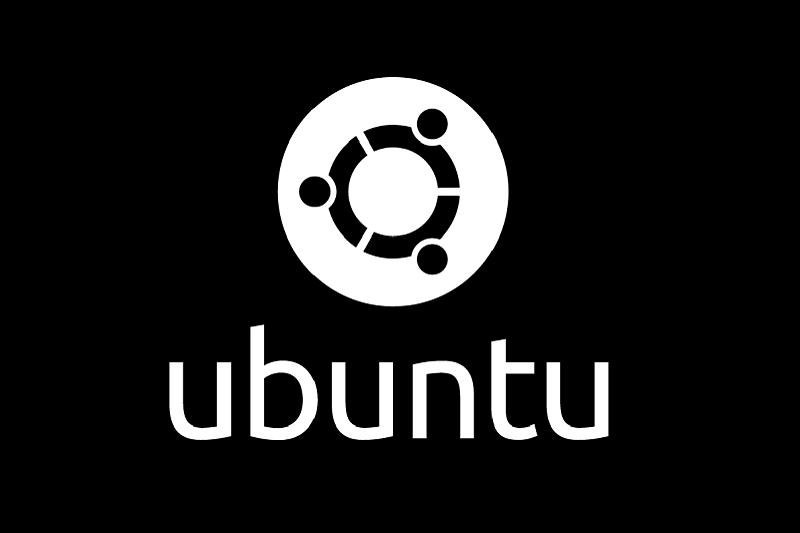 Ubuntu 13.10 desktop OS goes on general release
Ubuntu 13.10 desktop OS goes on general releaseNews Canonical unleashes latest version of desktop OS.
By Caroline Donnelly Published
-
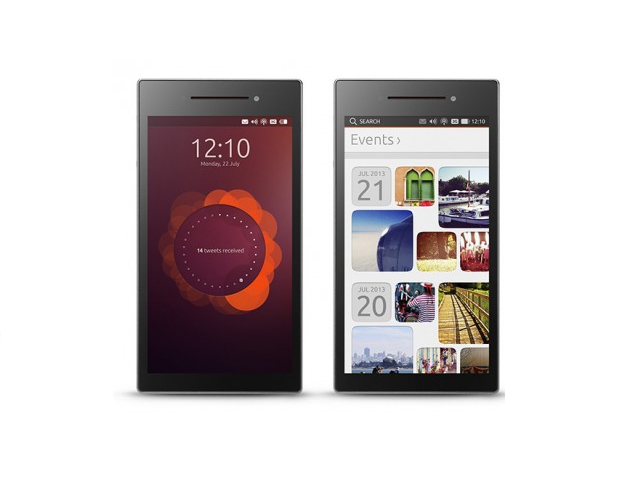 Ubuntu Edge shelved after missing $32m funding target
Ubuntu Edge shelved after missing $32m funding targetNews Canonical falls $20m short of target, as Android/Ubuntu handset remains a dream.
By Khidr Suleman Published